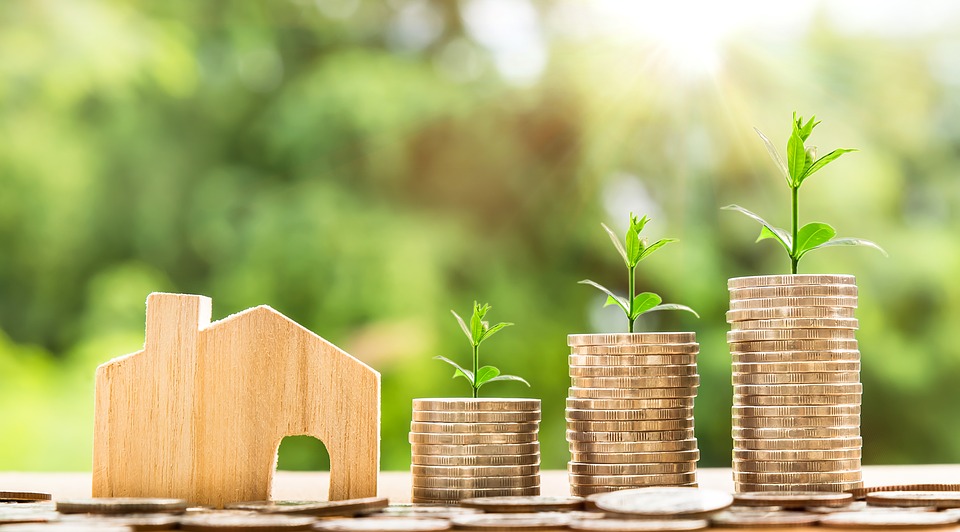Increasing the value of your home might not be easy as you think, and you could end up wasting thousands on unnecessary renovation projects if you aren’t careful.
Your home will most likely be one of the biggest investments you ever make. That is why it is so important to constantly be looking for effective ways to build equity. Here are a few tips and tricks that will help you increase the value of your home without making any major structural changes.
Touch Up the Paint
A fresh layer of paint is going to improve the appearance of your home and protect some of the building materials. At least once or twice a year, homeowners need to inspect their interior and exterior walls for any signs of damaged paint such as blisters or cracks.
Those who plan on selling their home in the near future should stick to relatively neutral colors that will appeal to potential buyers. While you are painting the walls, you can also freshen up the paint on your doors and windows.
Renovate the Kitchen
If you plan on applying for a home equity loan from a company like General Electric Credit Union, then you need to consider more comprehensive renovations that will have a major impact on the value of your property. Many real estate experts agree that updating the kitchen is one of the most effective ways to build equity.
Some kitchen renovations you might want to consider include painting the cabinets, adding new hardware, and installing high-efficiency appliances.
Maintain the HVAC System
No matter what climate you live in, a good HVAC system can be a major selling point for a home. Most new HVAC systems are designed to last for at least 15 years. However, you will need to have your heater and AC serviced at least once a year to keep the system running smoothly. You should also change the filters and clean the outside condenser as often as possible to prevent premature damage.
Don’t Neglect Your Landscaping
Everyone knows that curb appeal is important, but you might not realize just how big of an impact your landscaping has on the value of your home. Some experts believe that you should invest 10 percent of the value of your home into landscaping if you plan on selling within the next few years.
Homeowners who don’t want to spend that much should stick with cheaper projects like seeding the lawn, pruning trees, and planting flowers.
Before carrying out any of these projects, you might want to speak with a local realtor or home inspector. These specialists can give you suggestions on exactly what to renovate and upgrade to make your home as appealing and valuable as possible.
